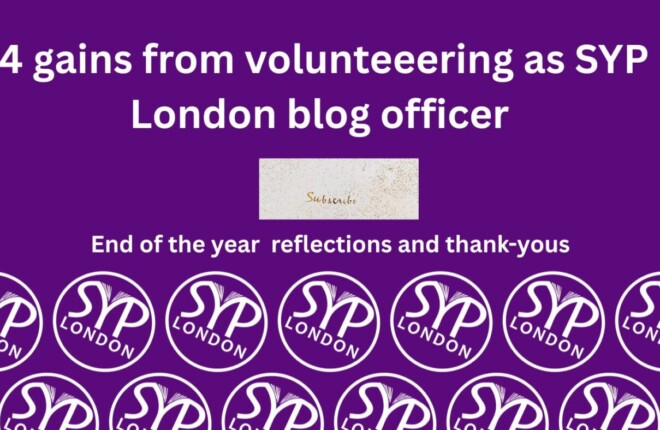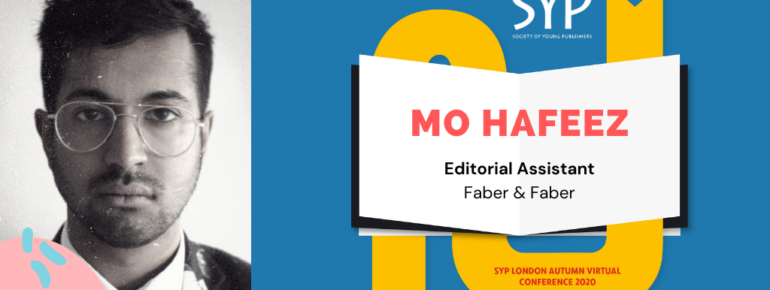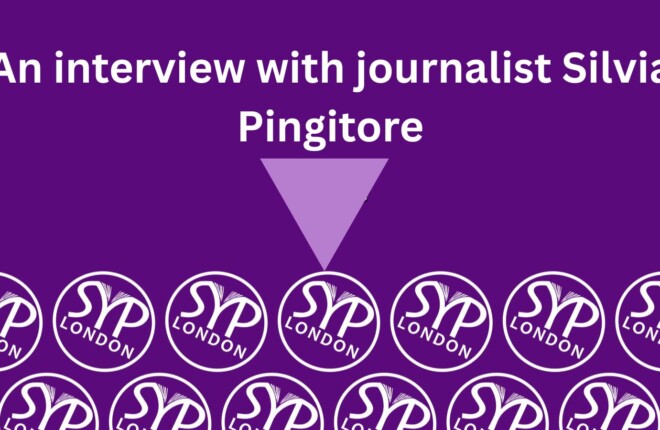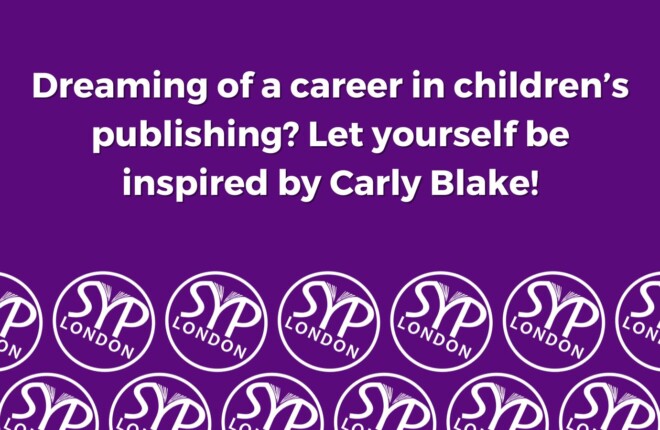
#SYPConf20: A department insight on… Editorial
Posted on November 10, 2020 in London

Mo Hafeez is an Editorial Assistant at Faber & Faber, working primarily on their non-fiction and Faber Social lists. Prior to this he was a Creative Access publishing trainee at Granta Books for six months, sponsored by the Mo Siewscharran Fund, where he aided the editorial department and became a submissions reader for Granta. You can find him on Twitter @MWHafeez.
What was your journey into publishing?
Having studied international relations at university, I graduated with little idea of what to do with myself – at the time, the publishing industry wasn’t on my radar. Following a smattering of interviews for social media and creative marketing positions at companies that had a corporate air to them, I realised I was heading in the wrong direction. I proceeded to freelance a little with a number of small magazines, mostly writing music reviews and interviews and undertaking administrative work. Half a year later I chanced upon Creative Access, who were listing a position with Granta. I applied and somehow ended up with a six month traineeship. During that traineeship, I decided I wanted to pursue a career in editorial, and several months later I joined Faber as an editorial assistant.
What is your current role and what are your responsibilities?
My day mostly consists of submissions / manuscript reading and intermittent administrative work. In the morning, I’ll prioritise a number of submissions to read, make notes of my evaluations and send them on to my line managers if I think they’re worth taking a look at. I’ll then read a chapter or two of a manuscript, making line edit suggestions and taking down structural notes. Throughout the day, I’ll also be responding to information requests from agents, authors, and my colleagues at Faber, alongside tasks such as drafting jacket design briefings and copy for books, organising mailing lists, and updating metadata on our database, all to move current titles along their critical path towards publication. Throughout the week, I also attend various meetings to discuss circulated submissions, covers, scheduling, and so on.
How has your job changed during Covid?
COVID-19 has pushed me to ensure that I have a much more clearly delineated structure to my day. In the office environment, I could meet my line managers and colleagues just by walking down a hallway; as such I would see them multiple times a day to discuss a variety of things and could take on tasks in a more ad hoc manner. Now, however, as these meetings are done via video calling, it isn’t feasible to replicate that format of short, singular topic meetings, and so having clearer structure allows me to use time more effectively. This has also lent itself to an increased independence in the manner in which I conduct my work, though this is counteracted by a number of social channels that Faber’s staff uses to keep in casual contact with each other.
Are there any departments that you work with closely, and what do you work on?
I most closely work with the pre-press department who are in charge of the many processes that shape a finished manuscript into the text that we see in a book. During the initial editorial process before a manuscript is ‘finished’, I keep the team updated on its progress and where we are on the critical path. I occasionally assist them with picture research and permissions requests too, as well as refining cover text once initial designs have been decided upon.
Briefly discuss a project you are proud of:
Working on Kae Tempest’s first work of non-fiction, On Connection, was a pleasure. It almost felt like a crash course in a publication cycle, with its heavily compressed critical path and efficient editing process – it’s perhaps the clearest and most evident case of, for me, seeing words on a screen become a book in my hand, and it encapsulated why I love working in publishing. On top of this, the book is just absolutely stellar. The world can feel a heavy place at the moment, and while it is important to be aware of the injustices and the inequality that pervades global society and act against such challenges, we must look after ourselves and each other, and one way of doing this is through creativity. Kae writes about this with their trademark verve but retains a deeply intimate atmosphere. I would whole-heartedly recommend it to anyone feeling burnt out and in need of reinvigoration.
Briefly discuss any difficulties you face in your role:
Aside from those raised by COVID-19, a difficulty that has made its presence a near-permanent feature of my time in publishing is a sense of imposter syndrome. It’s a lingering sense that frequently comes around, particularly when I remember that I’m providing editorial suggestions to authors that have been writing for decades, or have years of experience in their respective fields, or are legitimate legends in their respective fields. It can make you feel small, but I believe it to be a natural part of the job. You just have to remind yourself that your perspective does matter, and that your perspective is unique, and that in itself is a vital contribution to any process (and not just in editorial work).




 Listen to the podcast
Listen to the podcast  Explore the Youtube channel
Explore the Youtube channel